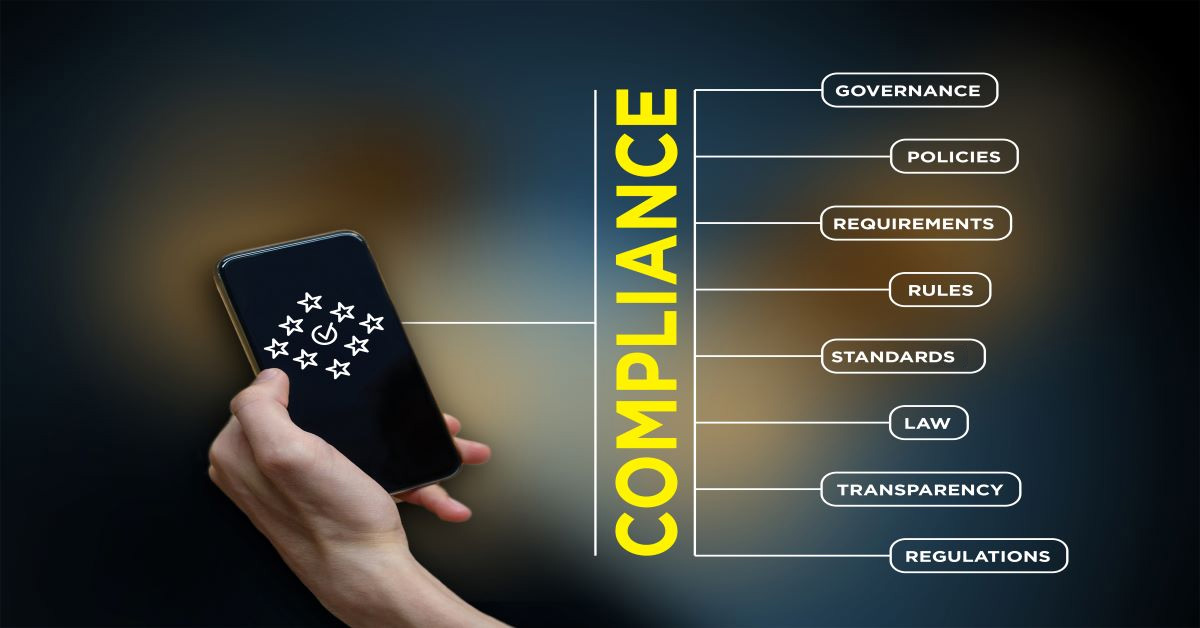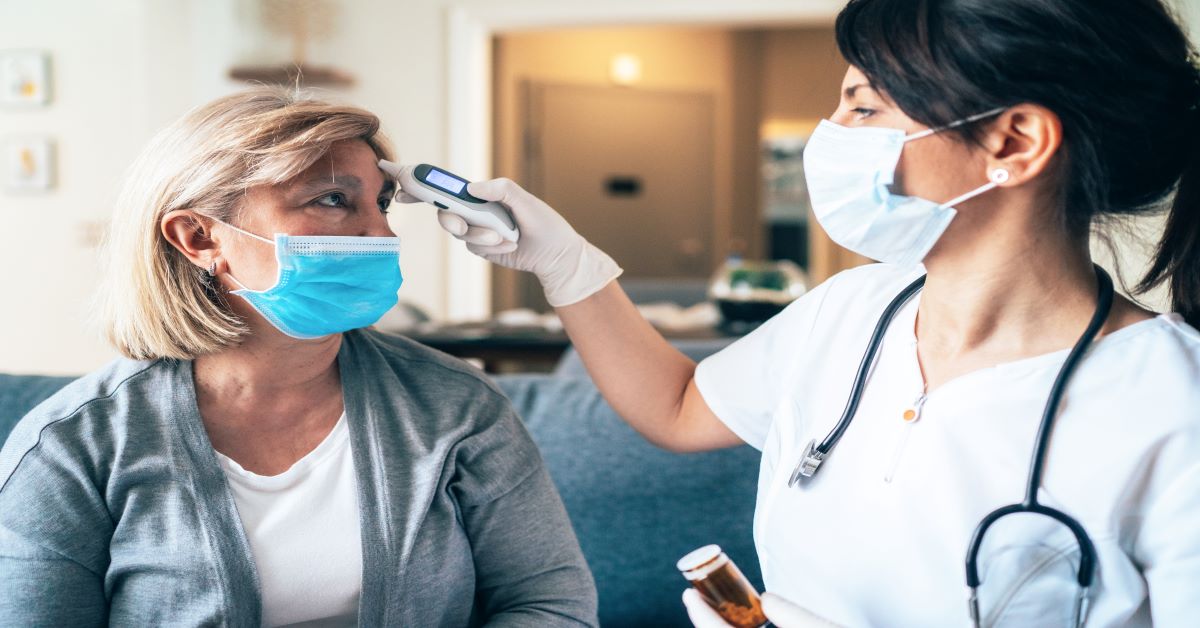The Power of Simplicity
Choosing a Home Health Software that Works for Your Agency
Is it mobile responsive? Will I be able to collect caregiver and patient signatures electronically? Can I complete visit notes on or offline? Does it have EVV? How many licenses do I need? Does it handle skilled care? Will it handle non-skilled homecare? How many features does it have? How expensive is it going to be? Can it handle multiple business lines? Does it have Telephony? Will it work for Private Duty? Can I use it for Hospice? Is the support free? What is the onboarding process? Do I have to sign a contract? Can it bill for all payers? Is it easy to learn? Is it easy to use for caregivers? Will it work for Home Health Aide visits?
These are just SOME of the questions you might be thinking about as you begin your search for the best Home Health Software for your agency. Maybe your agency has just opened, or you could be established with multiple branches...in either case, some of your core questions are still the same.




 Yes. According to CMS, outpatient therapy services may be provided by a home health agency to patients who are not homebound or otherwise are not receiving services under a home health plan of care (POC). These services are not paid under the Home Health Prospective Payment System (HH PPS). The reimbursement for the outpatient therapy services is calculated using the Medicare Physician’s Fee Schedule (MPFS).
Yes. According to CMS, outpatient therapy services may be provided by a home health agency to patients who are not homebound or otherwise are not receiving services under a home health plan of care (POC). These services are not paid under the Home Health Prospective Payment System (HH PPS). The reimbursement for the outpatient therapy services is calculated using the Medicare Physician’s Fee Schedule (MPFS).





